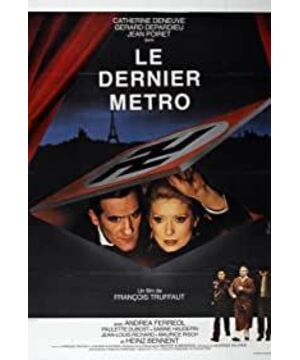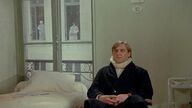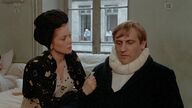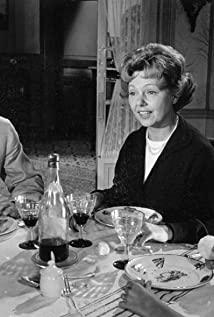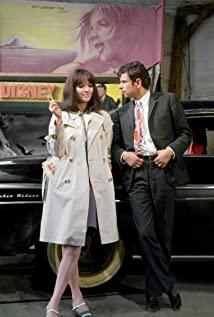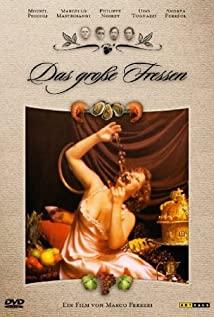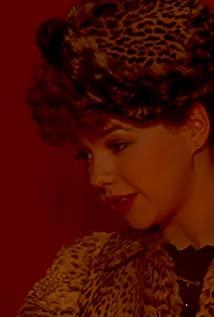The title is very fascinating to me, but the story has nothing to do with the subway, but the opening confession that during the German occupation, Paris began a curfew at 11 pm, entertainment must end early, actors and audiences can take the last subway home. In the years when the Germans must be looked at, Parisians have to be careful in their lives and work, walking on thin ice, otherwise they will risk their lives if they are careless. As a unique product of that historical period, the last subway may symbolize the thoughts and lives of the French after the land was lost, but I always feel that this symbol also has a certain metaphorical meaning for the emotional experience of the heroes and heroines in the film. I don't know what the director's original intention is, but if it is only the former, such a title would be a little vain.
The owner of the theater, Luke, was a Jew, so he could only hide in the cellar during the German occupation, and claimed to have fled France. He meets with his wife every night, listens to what is happening on the stage through the vents, and guides the rehearsal repertoire. Because of this, it gave American and Bena a chance to spark sparks and develop relationships. Judging from the scene of Me-Ann holding Luke and Bena with one hand at the end of the curtain call, it is difficult for her emotions to make a choice between the two men. Just like during that period, she belonged to Pena during the day and Luke at night; she belonged to Pena on the ground, and Luke under the ground. For her entire life, it belongs to Bena in the play, Luke outside the play; Bena in fantasy, and Luke in reality.
This is a kind of life-like meaning brought to us by the director. Because the actors are too deep into the play, it is difficult for them to extricate themselves. As a result, they cannot distinguish between the inside and the outside of the play. It was Leslie Cheung's own jump, which may also reflect this kind of sadness to a certain extent. At the beginning, Mei An didn't seem to realize his admiration for Bena, and gave him a cold and serious expression. When Bena said that he was going to the front line, the passion in his heart suddenly burst. Bena was originally a passionate seed, but he never dared to confess to Market America. This shows his special attitude towards Market America. There are subtle emotions entangled between the two, and they are acting on the stage of the love story created by Luke. Whether it is a fake or a real one, I am afraid that they themselves can't tell. Just like the last gimmick played by the director, the two seemed to confess their sincere feelings to each other in reality. This kind of interpretation of life is like a play, we have also experienced in "Golden Carriage".
In this way, perhaps the last subway ride implies that the audience is returning to the cruel reality from the romantic drama; like the stairs leading to the cellar, it symbolizes the wandering and wandering between the two men. Room for buffering. She could indulge in the lingering romance with Bena during the day, but at night she got out of it and returned to Luke's side, separated by the stairs and the subway between the two. I don't think she has to make any struggles and choices at all. The acting career should be such a seemingly absurd but unavoidable reality, otherwise no matter which choice will bring is sadness and tragedy. She should have understood this in the end, because she was able to hold the hands of two people at the same time with a smile.
View more about The Last Metro reviews


